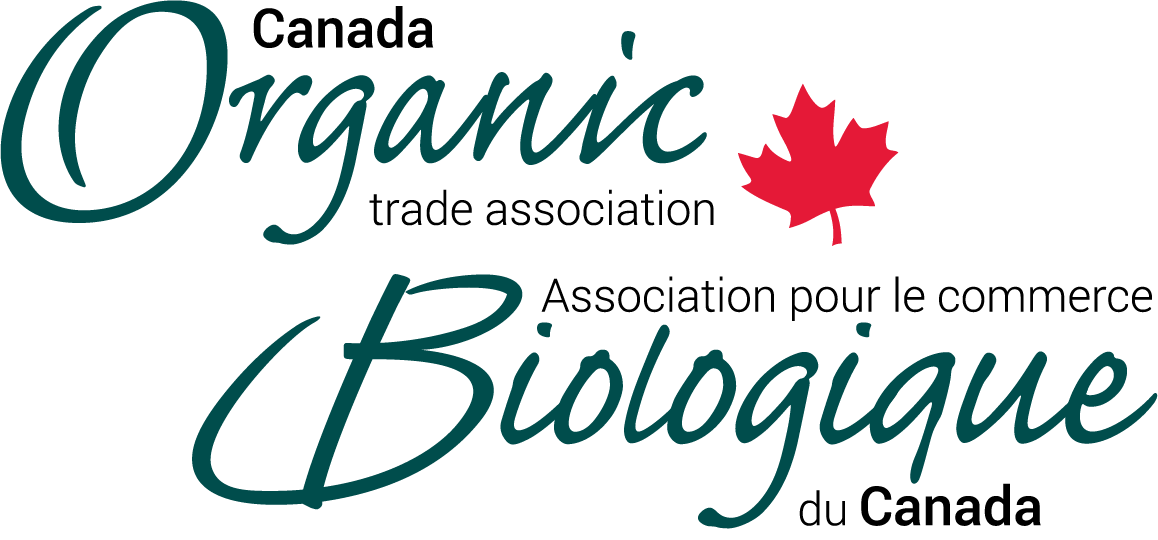This page is under construction
COTA mobilizes members and creates industry-wide Task Forces to address critical issues facing the organic sector. The Organic Integrity Task Force was first convened in 2018 to better understand and reduce the instances of intentional or accidental labelling of products that do not adhere to organic standards. The Contamination Task Force was created to address proposed increases by government to the maximum residue limit of glyphosate. The work of these Task Forces are being re-evaluated.
Regenerative Task Force (Completed)
In 2020, a task force comprised of COTA board members and management team have spent ten months in order to compose our thoughts and perspective on the term regenerative and how to ensure that there is clarity for consumers and the industry as this term becomes more widely used. As there are programs, such as the Regenerative Organic Certified (ROC) program, which have well-defined standards, third party oversight system and a robust standards setting process, we felt it was important to distinguish programs such as ROC from the general term regenerative which is being used frequently without any formal definition. Below are the key points, complemented by our larger position paper.
COTA Position on Regenerative Agriculture
- Regenerative agriculture should be built on practices that do not rely on agrichemicals such as fossil fuel derived pesticides or fertilizers, as these are known to have detrimental effects on soil health.
- Regenerative agriculture should be based on continuously adding and improving practices that maintain or enhance soil health and carbon capture.
- Regenerative agriculture should be based on a holistic approach where total systems health is valued over short-term gains.
- Regenerative agriculture should encompass a collection of practices balanced in such a way as to positively affect net soil health and carbon capture gains. Practices such as tillage should not be shunned completely, and there is recognition of its value in soil building and long-term carbon capture so long as it is accompanied by practices that compensate for or neutralize any negative effects.
- Regenerative agriculture should aim to achieve net gain and long-term capture of carbon in soil, not quick gain and quick release.
- When measuring carbon capture, soils must be tested down at least one meter, as it is known that carbon in the upper 10 to 20 centimeters can come and go, and that longer-term storage happens below these depths.
- Any meaningful regenerative agriculture or food and fiber labels or claims must be based on a clear and accepted definitions of what it means. The Regenerative Organic Certification (ROC) program is one example with definitions, a framework (standard), annual third-party oversight and a recognizable mark.
- Claims made about using regenerative agriculture practices without clear definitions, a standard, and third-party oversight and enforcement are not meaningful for consumers and could introduce confusion and an unlevel playing field in the market.
